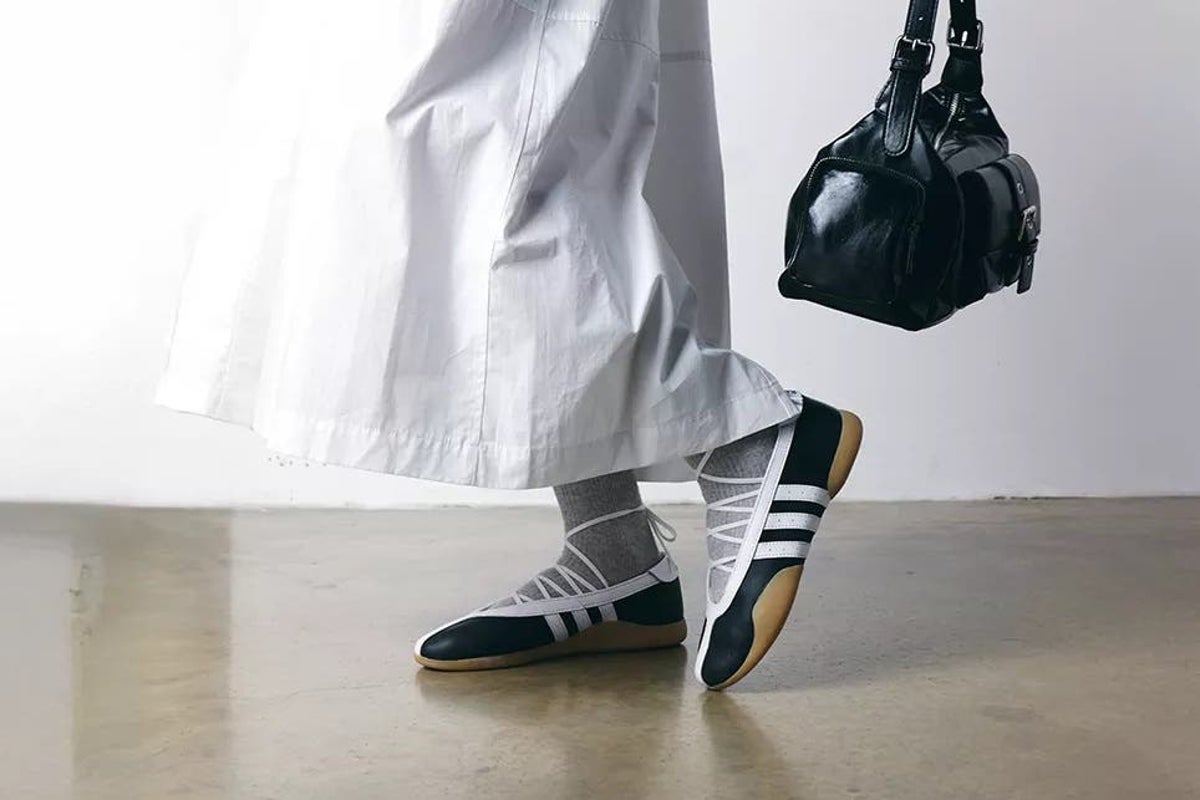
Register for our complimentary Living Well newsletter for tips on enhancing your happiness, wellness, and longevity.
Improve your overall well-being and increase your happiness by subscribing to our complimentary Living Well newsletter, delivered to your inbox every week.
The 40th anniversary of the biannual event, London Fashion Week, has commenced.
Since its inception in 1984, the event has expanded from a cutting-edge exhibition to a powerhouse in the world of fashion. This year, London Fashion Week (LFW) will kick off at the London Stock Exchange, highlighting the significant role the fashion industry plays in the UK economy. According to Mintel data, women’s clothing sales in the UK alone are valued at approximately £30.9 billion.
However, with the significant changes that have occurred in the world over the last 40 years, is there still a role for LFW in modern times?
According to Dr. Benjamin Wild, a senior lecturer of Fashion Narratives at Manchester Metropolitan University, this is true.
Wild states that the fashion industry makes up approximately 3% of the country’s GDP. They also believe that London places great importance on diversity and social responsibility. With three well-known fashion weeks, Wild believes it is crucial to stand out from the crowd.
The British Fashion Council first established London Fashion Week in February 1984, and it now occurs biannually in February and September.
Upon its debut, there were already three established fashion weeks taking place in Paris, New York, and Milan. London was seen as an outsider in the industry.
Wild also agrees that London Fashion Week has always been linked with innovation since its beginning and believes that there is a higher level of creativity and freedom present.
“It does capture something that is quintessentially British or English in terms of being a little bit rebellious, a little bit playful and defying the norms. I think that’s enabled London Fashion Week to really establish itself in distinction to the pre-existing fashion weeks and, over these past 40 years, it’s always had an angle, it’s always had a perspective and, if you like, a territory that is very much its own.”
In March 1984, at a reception hosted by prime minister Margaret Thatcher to celebrate London Fashion Week, English designer Katharine Hamnett caused a commotion by wearing a t-shirt with the slogan “58% don’t want Pershing.” This was a response to public opinion polls showing opposition to the basing of Pershing II missiles in the country.
Wilds argues that politics has a stronger influence on London Fashion Week compared to other fashion weeks globally, stating that “Fashion is a reflection of society.”
In the 1980s, LFW became a major player in the fashion world and is now a highly anticipated event on the fashion schedule.
Although there has been backlash towards the limited availability of the shows, Wild acknowledges that the catwalk is not entirely inclusive. However, he believes that the event is adapting to current trends by incorporating digital screens at 2009 LFW held at Somerset House to increase accessibility.
Over the past 40 years, the methods of communication between designers and their audiences have evolved, including the utilization of digital technologies, according to Wild.
London has always been a hub for innovative fashion – in the 1980s, for example, a group of designers called Body Map created designs that did not follow the natural silhouette of the body.
Wild says London Fashion Week has continued to push boundaries, with the first London Collections: Men launching in 2012, and shifting again in 2020 to become one gender-neutral event. The academic adds that being different and diverse is “very much part of the DNA of the event”.
There has been opposition in the past, including most recently from Extinction Rebellion, who caused disruption at an event last year to demand that LFW end their partnership with Coca-Cola due to their plastic consumption.
However, Wild maintains that LFW will still hold significance in 2024. He acknowledges that it must adapt to remain significant, especially in regards to sustainability, environmental impact, and accessibility.
Wild notes that there has been a growing focus on sustainability in recent reports from both the fashion industry and international organizations. However, these reports suggest that the fashion industry is not on track to meet sustainability goals that have been established.
He believes that it is crucial to consider whether it should shift towards more online activity in order to remain relevant.
Amidst the Covid-19 crisis, as restrictions on gatherings were enforced, event planners adapted by utilizing digital platforms and streaming performances live on the internet. This is a trend that Wild believes will continue to grow, creating a blend of physical and virtual experiences in the future.
He states, “It will be intriguing to observe its development. The fashion industry is currently making efforts to align its priorities, particularly since the pandemic. There will always be a demand for physical clothing due to its materiality, but we are becoming more conscious of sustainability.”
London Fashion Week is expected to showcase a stronger focus on the city’s cultural influence this year. This will include hosting events at multiple locations and reaching out to individuals who may not typically identify as fashion enthusiasts.
Source: independent.co.uk


